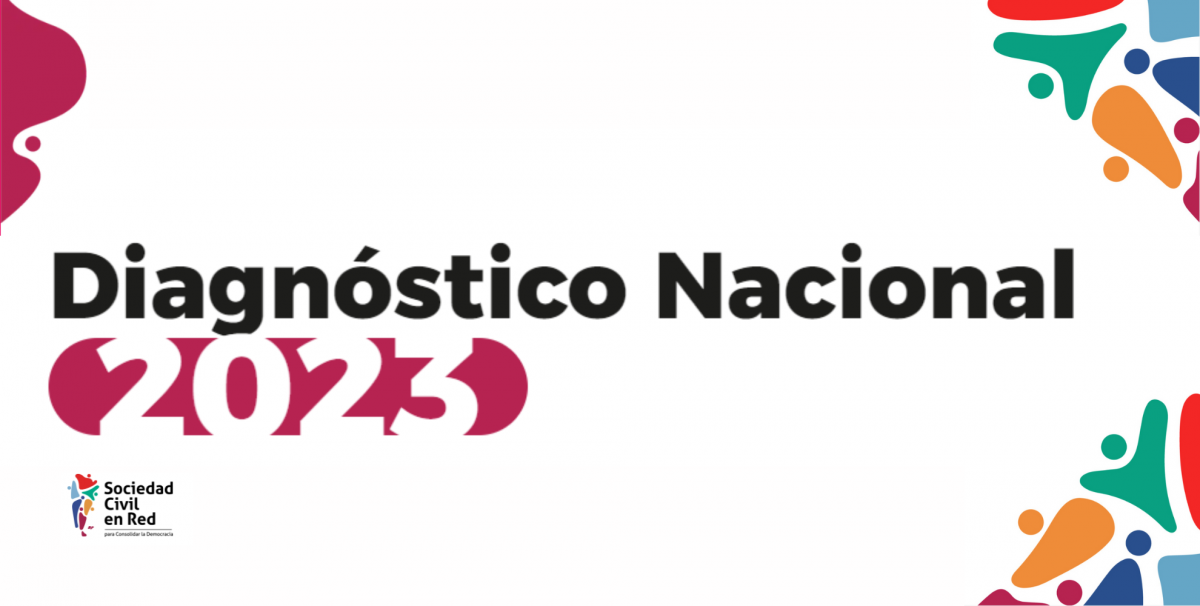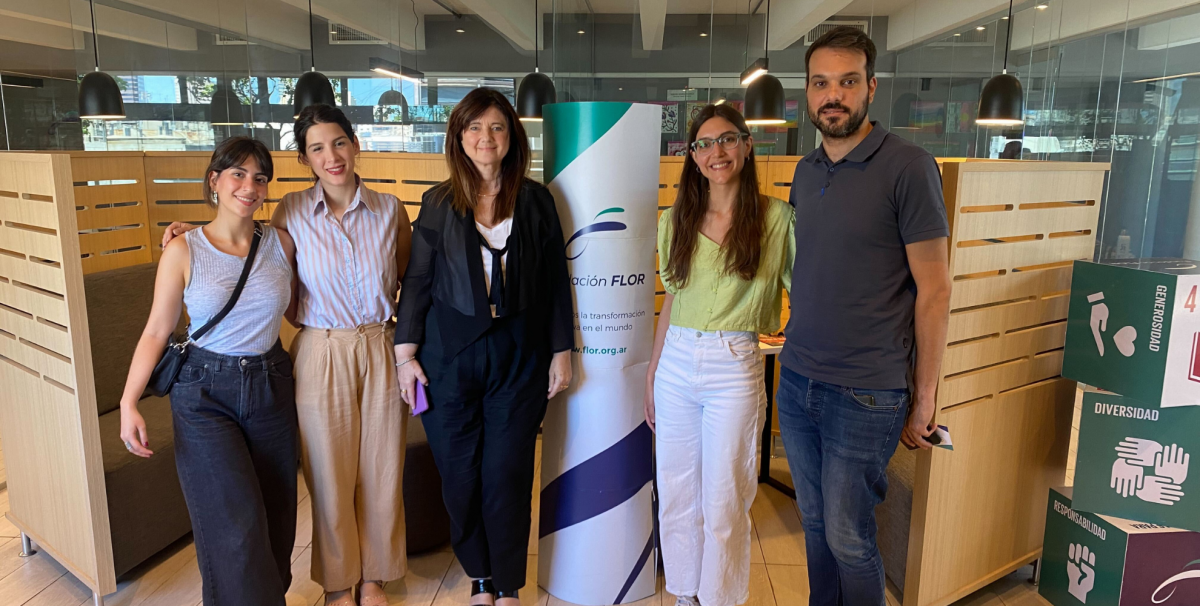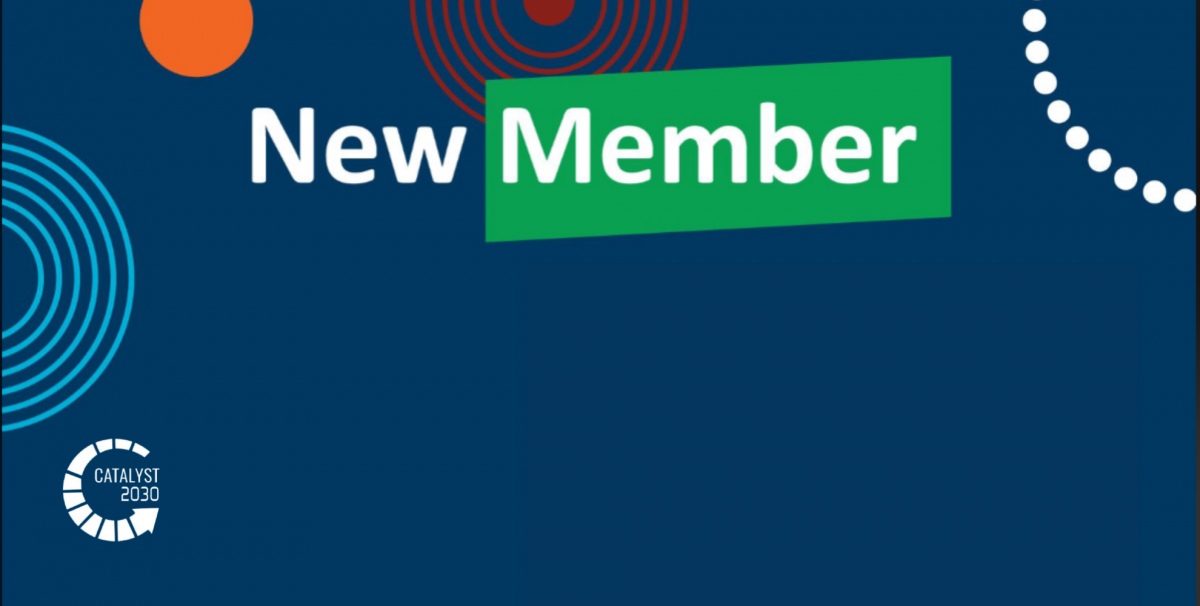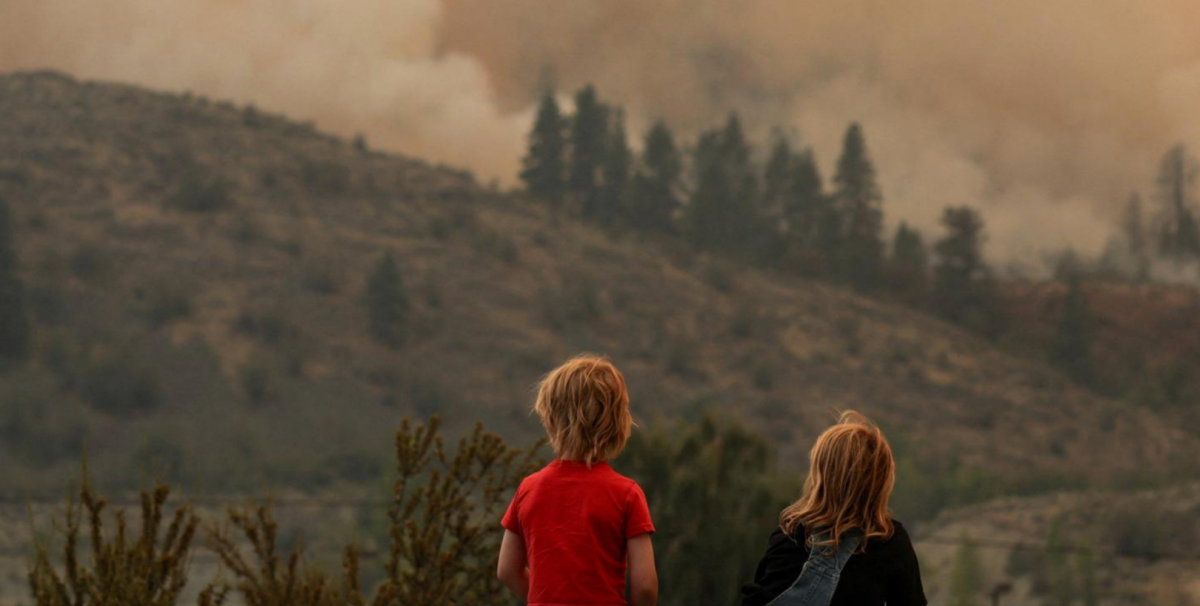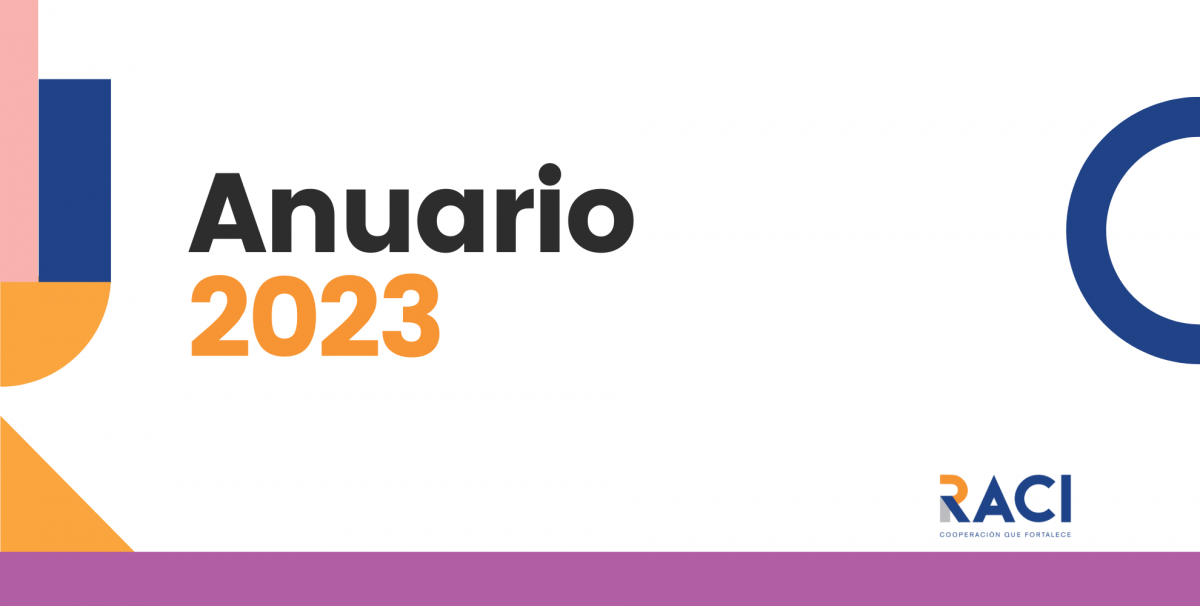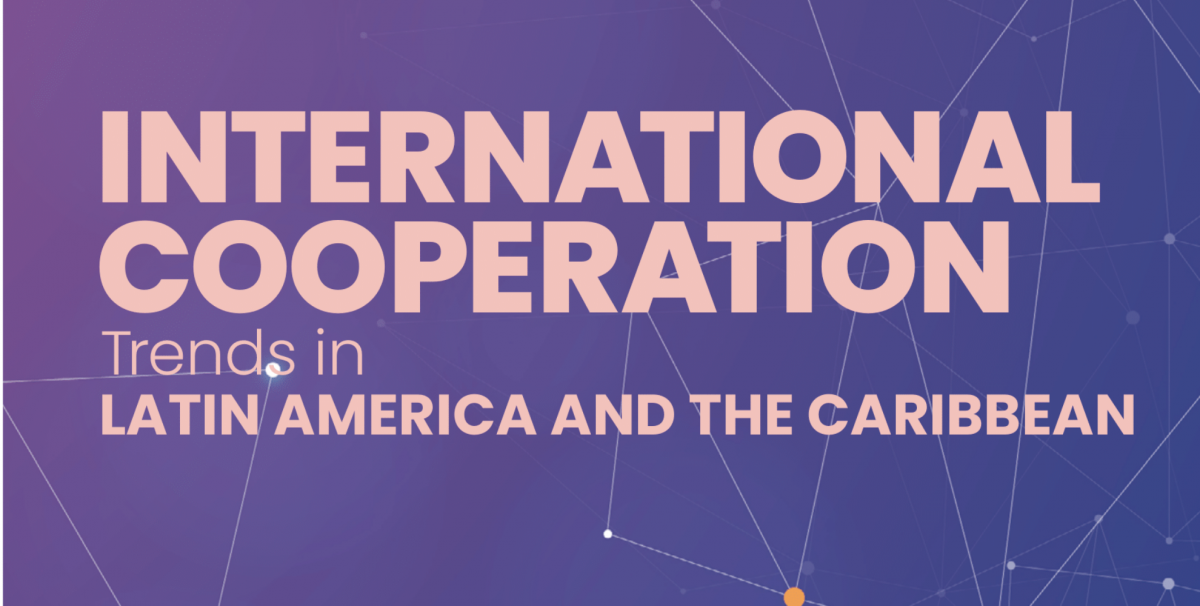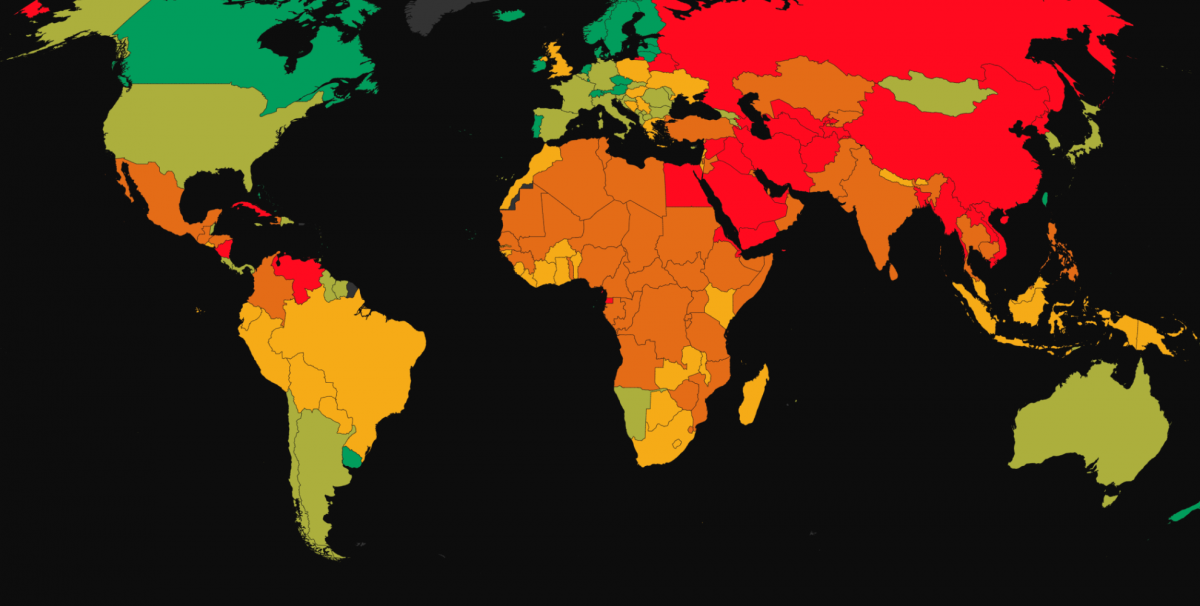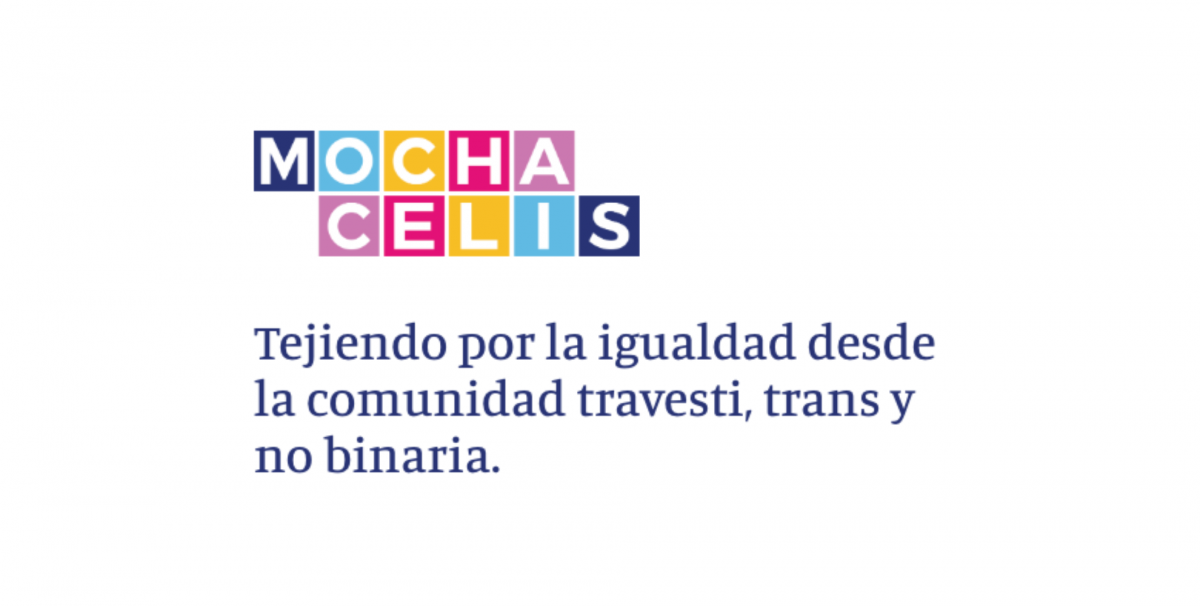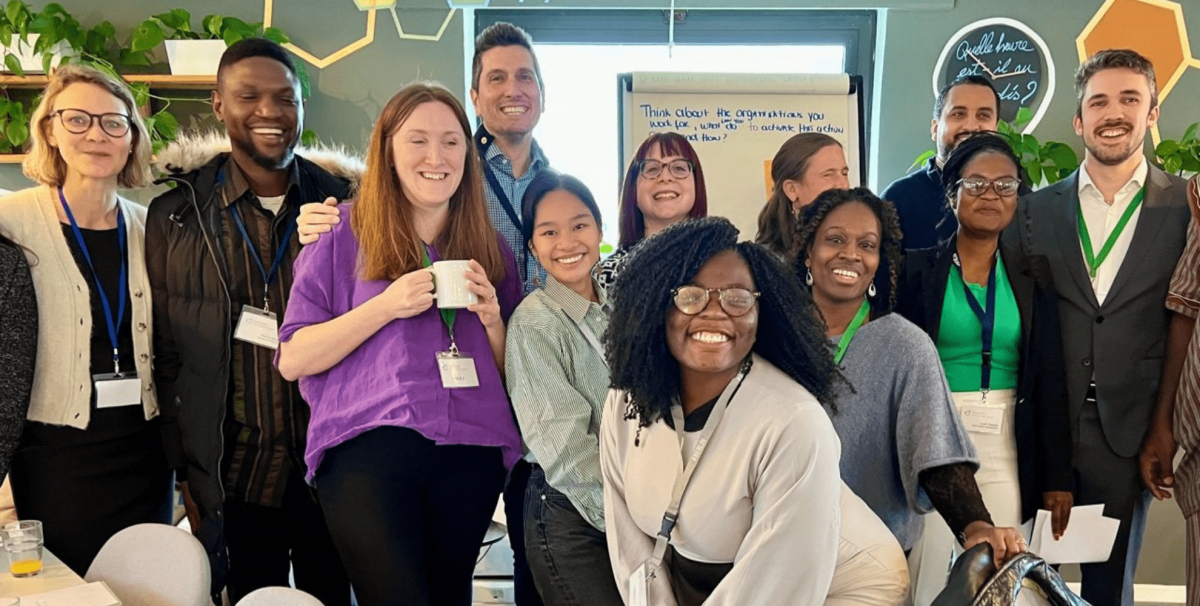The year 2023 presented significant challenges in matters of human rights, especially due to repression and atrocities in places with armed conflicts. The selective outrage of governments and transactional diplomacy came at a cost for those not included in
international agreements.
To contemplate the challenges of 2024, it is important to look at the present and recent past, finding clues and trends that can guide us in building a more just, peaceful, and democratic world. In this quest, Human Rights Watch invites us to recognize the challenges and pending debts from the previous year.
Key themes: Loss of rights, armed violence, and the climate crisis. Renewed conflicts between Israel and Hamas, as well as in Sudan, caused much suffering to their populations, along with ongoing conflicts in Ukraine, Myanmar, Ethiopia, and the Sahel.
Governments faced the challenge of the climate crisis, dealing
with the warmest year on record and a series of natural disasters in Bangladesh, Libya, and Canada, with catastrophic consequences.
Economic inequality increased globally, generating outrage over political decisions that left many people struggling to survive. In this context, the rights of women, girls, and LGBT individuals faced harsh reprisals in various parts of the world. A notable example was the disproportionate gender-based violence driven by the Taliban in Afghanistan. Faced with these challenges, the landscape offers the opportunity to explore alternative paths and work towards a fairer future.
Consequences of transactional diplomacy The causes of these human rights crises and their consequences often transcend borders and cannot be resolved by governments acting alone.
There is an interconnection between these crises that goes beyond borders and requires a response based on the universal principles of human rights and the rule of law.
Some governments choose to ignore the principles that underpin universal agreements on the respect for human rights, undermining trust in institutions responsible for enforcing and protecting these rights. In this context, transactional diplomacy has played a crucial role in rights violations, as governments of the most influential countries have sacrificed principles for short-term benefits in trade or security.
Read the full report here.

